Navigating through cancer treatment often leads individuals to explore complementary approaches beyond conventional therapy. This blog delves into 12 alternative treatment for cancer, known as complementary treatment, aimed at enhancing well-being and alleviating cancer symptoms.
From the calming practice of meditation to the supportive guidance of a cancer coach like Madhavi Parikh, PA-C, we uncover how each modality contributes to a holistic healing journey.
Discover how embracing this complementary treatment can support your path to wellness. It offers a harmonious blend of physical and emotional care during the cancer experience.
What is Cancer?
Cancer is a condition where cells in the body grow uncontrollably, leading to the formation of tumors. These can be benign (non-cancerous) or malignant (cancerous), with the latter having the potential to invade nearby tissues and spread to other parts of the body (metastasize). Cancer can arise in any part of the body and is caused by a combination of genetic, environmental, and lifestyle factors.
How Complementary Treatments Help
- Symptom Management: These treatments can help alleviate symptoms associated with cancer and its conventional treatments, such as pain, nausea, and fatigue, improving patients’ quality of life.
- Stress Reduction: Techniques like meditation, yoga, and aromatherapy can significantly reduce stress and anxiety, promoting mental and emotional well-being during the challenging journey of cancer treatment.
- Enhanced Well-being: Many complementary treatments focus on enhancing overall health and well-being, encouraging practices that support physical, emotional, and spiritual health.
- Personal Empowerment: Utilizing complementary treatments can give patients a sense of control over their health and treatment process, fostering a positive and proactive attitude toward healing.
12 Alternative Treatment for Cancer (Complementary Treatment)
Acupuncture
Acupuncture is an ancient Chinese practice that has gained widespread recognition for its ability to manage pain and nausea, peripheral neuropathy, and other symptoms, particularly in cancer patients. By targeting specific points in the body, acupuncture aims to restore energy balance and promote healing.
Features
- Inserts thin needles into specific body points.
- Relieves pain and nausea.
- It can improve overall well-being by balancing the body’s energy.
Aromatherapy
Aromatherapy harnesses the power of essential oils derived from plants to influence mood, reduce stress, and enhance emotional well-being. This approach is valued for its non-invasive nature and its ability to provide comfort and relaxation.
Features
- Utilizes essential oils for therapeutic purposes.
- It improves mood and reduces stress and anxiety.
- Enhances emotional and mental health.
Herbal Medicine
Herbal Medicine involves the use of plants and their extracts to support health and treat various conditions. It offers a natural approach to managing symptoms and improving overall health, making it a popular choice for those seeking alternative treatments.
Features
- Employs plants and herbal extracts for health benefits.
- Supports overall health and wellness.
- It can complement conventional treatments for various symptoms.
Massage Therapy
Massage Therapy is a hands-on technique used to manipulate the muscles and tissues of the body, providing relief from pain, stress, and tension. It’s a widely accepted form of therapy that promotes relaxation and well-being.
Features
- Involves physical manipulation of body tissues.
- It helps relieve pain and reduce stress.
- Promotes relaxation and improves circulation.
Meditation
Meditation is a practice of mindfulness and concentration that helps reduce stress and anxiety while promoting emotional health. It encourages a state of calm and balance, beneficial for both mental and physical health.
Features
- Practices mindfulness and mental focus.
- Reduces stress anxiety and improves emotional balance.
- Enhances mental clarity and peace.
Yoga
Yoga combines physical postures, breathing exercises, and meditation to achieve a balanced mind and body. It is known for improving flexibility, strength, and mental well-being.
Features
- Combines physical postures with breathing exercises and meditation.
- Enhances physical and mental well-being.
- Improves strength, flexibility, and stress management.
Tai Chi
Tai Chi is a gentle form of martial arts that emphasizes slow movements, focused breathing, and meditation. It is celebrated for improving balance and flexibility and providing a peaceful mental state.
Features
- Gentle exercise with slow, focused movements and deep breathing.
- Promotes balance, flexibility, and calmness.
- Improves physical and mental health.
Nutritional Therapy
Nutritional Therapy focuses on optimizing diet to support the body’s natural healing processes. It plays a crucial role in cancer care, offering tailored nutritional advice to help strengthen the body during treatment.
Features
- Optimizes nutrition to support healing.
- Focuses on a balanced, healthy diet.
- Tailored to individual health needs and treatment plans.
Reiki
Reiki is a Japanese technique for stress reduction and relaxation that also promotes healing. It’s based on the idea that an unseen “life force energy” flows through us and is what causes us to be alive.
Features
- Energy healing technique for relaxation and stress reduction.
- Promotes healing by encouraging a positive flow of energy.
- Enhances overall well-being.
Art Therapy
Art Therapy offers a creative outlet for expression and coping with illness. It allows individuals to explore their emotions, reduce stress, and improve mental health through artistic expression.
Features
- Uses creative activities to express and process emotions.
- Helps cope with stress, anxiety, and depression.
- Encourages self-exploration and understanding.
Music Therapy
Music Therapy utilizes music to address the physical, emotional, cognitive, and social needs of individuals. It has been shown to improve the quality of life for those undergoing cancer treatment by reducing stress and promoting relaxation.
Features
- Uses music to improve mental and emotional health.
- It enhances mood, reduces anxiety, and facilitates emotional expression.
- It can be used for relaxation and stress relief.
Holistic Approach with Madhavi Parikh (PA-C)
Adopting a holistic approach to cancer treatment, Madhavi Parikh integrates various practices to address the whole person. Her methodology is designed to support the physical, emotional, and spiritual aspects of healing and offers personalized guidance throughout the journey.
Features
- Integrates various holistic practices tailored to individual needs.
- Focuses on nurturing the body, mind, and spirit.
- Madhvi Parikh, as a cancer coach, offers personalized guidance and support throughout the healing journey.
Read More: The Truth About Cancer
Home Remedies to Alleviate Side-Effects of Cancer
Engaging in gentle exercises such as walking or yoga can significantly improve one’s physical and emotional well-being during cancer treatment. These activities help maintain muscle strength and flexibility and can improve one’s mood by releasing endorphins, the body’s natural painkillers, and mood elevators.
Additionally, they can help manage symptoms of fatigue and stress, which are common during cancer therapy.
Practicing relaxation techniques such as meditation or deep breathing exercises offers a powerful way to reduce stress and anxiety, which are prevalent among cancer patients. These practices encourage a state of calm, help lower blood pressure, and improve overall mental clarity.
Maintaining a balanced diet rich in fruits, vegetables, and whole grains supports the body’s healing process. It provides essential nutrients that can help strengthen the immune system and reduce treatment side effects.
Ask Your Doctor About These Treatments
Before integrating any alternative treatments into your regimen, consulting with your healthcare provider is crucial. They can offer advice on which practices might be most beneficial and safe, considering your specific condition and treatment plan. Your doctor can also provide insights into how these therapies might interact with your ongoing treatments, ensuring a holistic and coordinated approach to your care.
Complementary treatments can complement conventional cancer therapies, but they should not replace medical advice or treatment. Open communication with your healthcare team ensures that you receive comprehensive care tailored to your needs and health goals.
Which Treatments Are Worth It?
The effectiveness of alternative treatments can vary widely among individuals, depending on factors such as the type of cancer, the stage of treatment, and personal health conditions. Some people may find significant relief and improvement in their quality of life through practices like acupuncture or nutritional therapy, while others may benefit more from yoga or meditation.
When considering CAM treatments, reflect on your personal preferences, lifestyle, and specific health needs. It’s essential to choose therapies that resonate with you and can realistically be incorporated into your life.
Here, a Cancer Consultant or professional can provide valuable guidance, helping you navigate the options and make informed decisions about which treatments could be most beneficial for your unique situation.
Exploring Complimentary Approach?
As you or a loved one undergoes cancer treatment, holistic healing can serve as a valuable complement to your path toward recovery. Connect with Madhavi Parikh for a compassionate, personalized consultation.
Conclusion
Exploring alternative treatments for cancer or complementary treatments can offer additional support alongside conventional therapies. Embracing a holistic approach, especially under the guidance of a cancer coach like Madhvi Parikh, can provide comprehensive care that addresses the physical, emotional, and spiritual aspects of healing from cancer.
FAQ
Is there a way to treat cancer without chemo?
Cancer treatment options extend beyond chemotherapy and vary based on factors such as cancer type, stage, and location. Other treatment modalities include but are not limited to surgery, radiation therapy, immunotherapy, hormone therapy, and targeted therapy. Consult with your oncology team to help you choose the right treatment option for you.
How long can you live with Stage 4 cancer without treatment?
The survival rate for Stage 4 cancer without treatment varies significantly based on the type of cancer, overall health, and other individual factors.
Can you refuse cancer treatment?
Each of us has the right to make decisions about our own health and treatment plans. It’s important that you feel comfortable and empowered throughout the process of deciding which path feels right for you. Shared-decision making is a collaborative process between you and your medical team based on the best available evidence that is effective and safe and your preferences, values, and goals.
Why are complementary and alternative therapies (CAM) beneficial?
CAM treatments take into account the whole person and are non-toxic. They can be individualized for the person and integrated in a safe way. Additionally, they keep vital tissues and organs safe and healthy and improve the overall health of the person. They promote healing and improve quality of life.
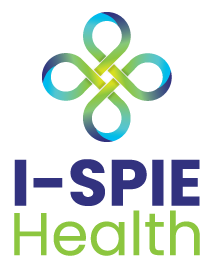
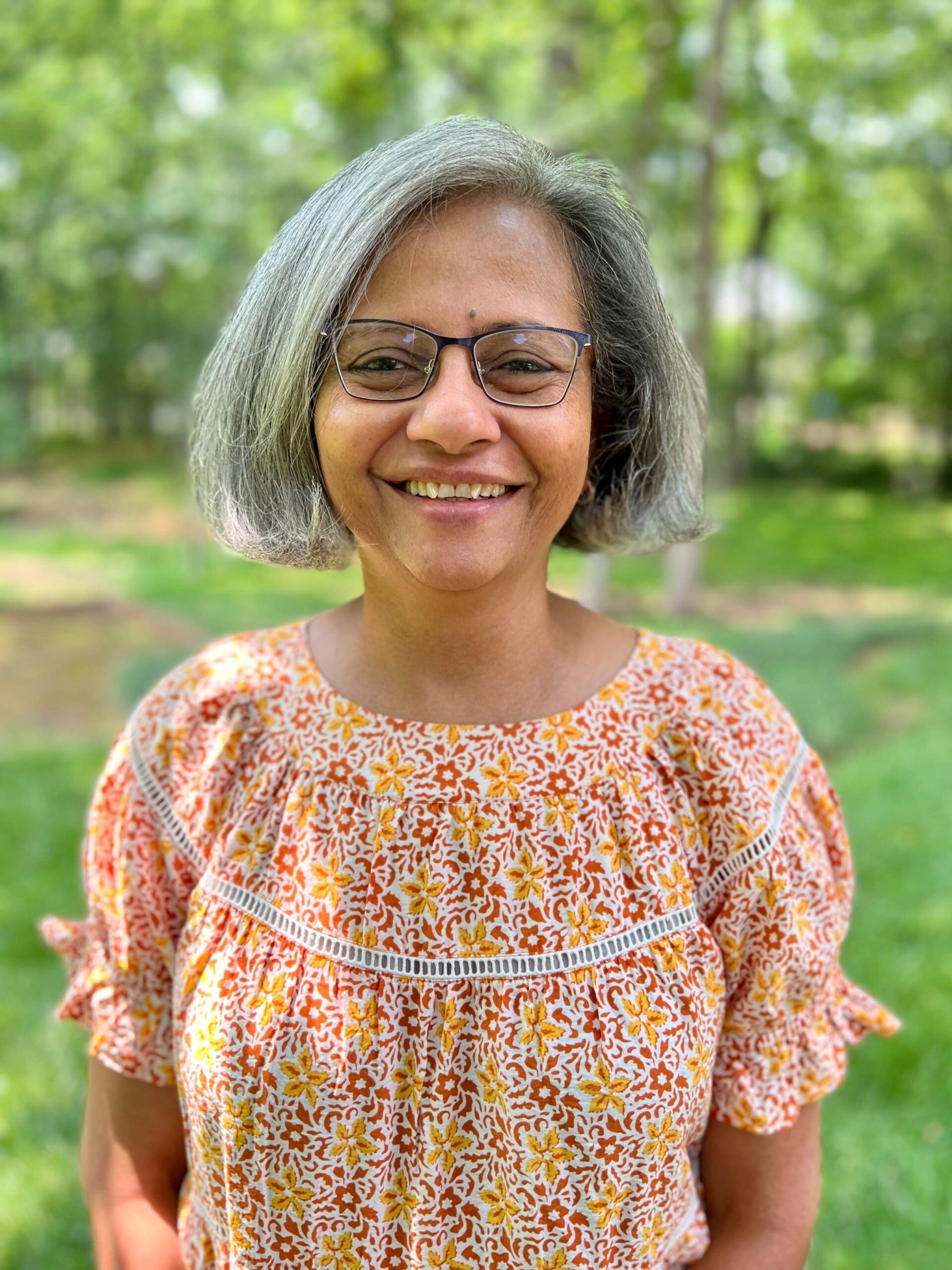

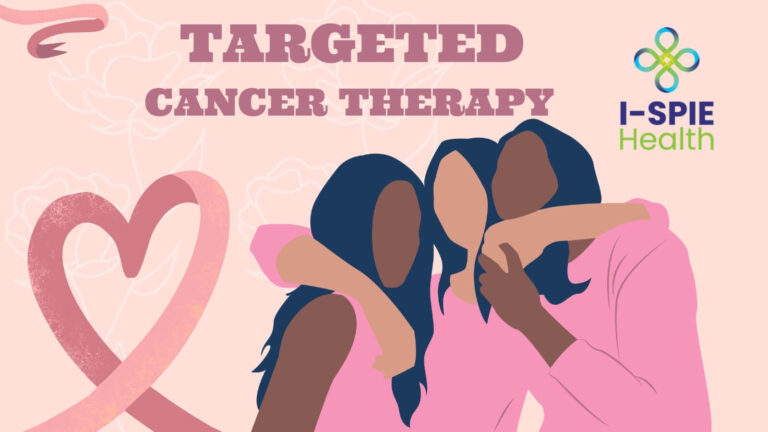
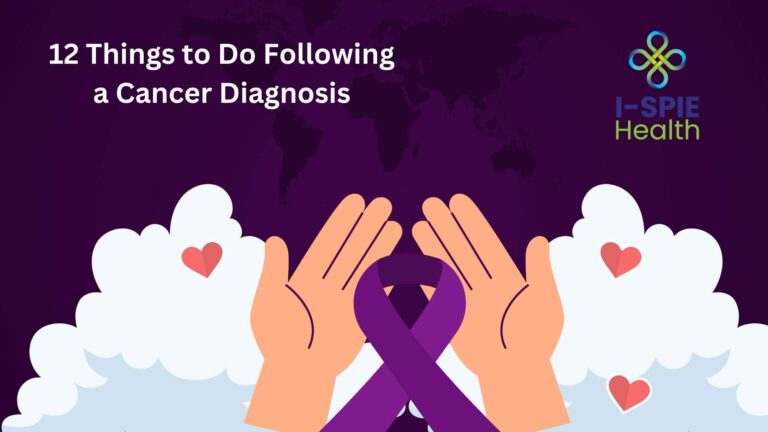


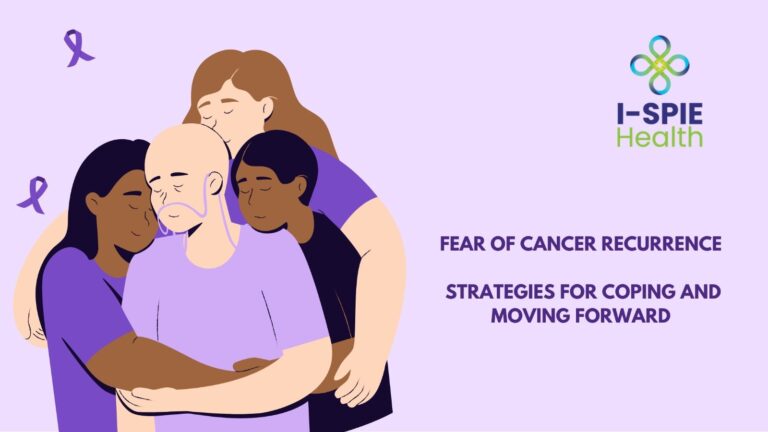
One Comment